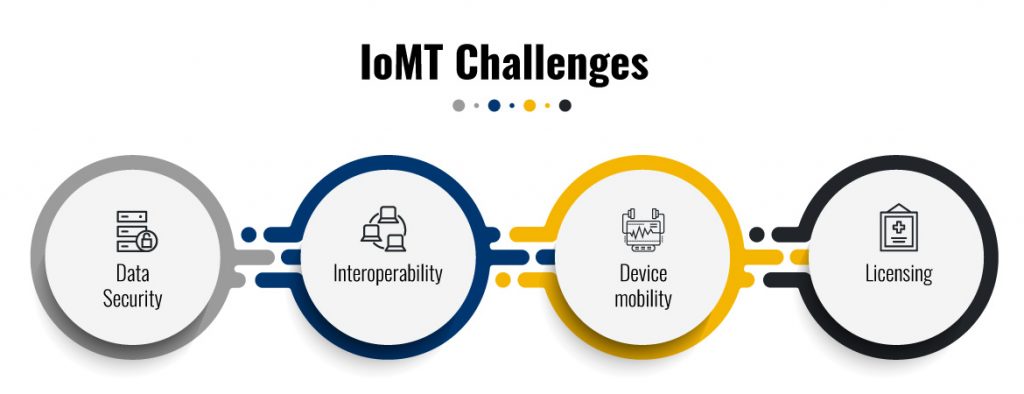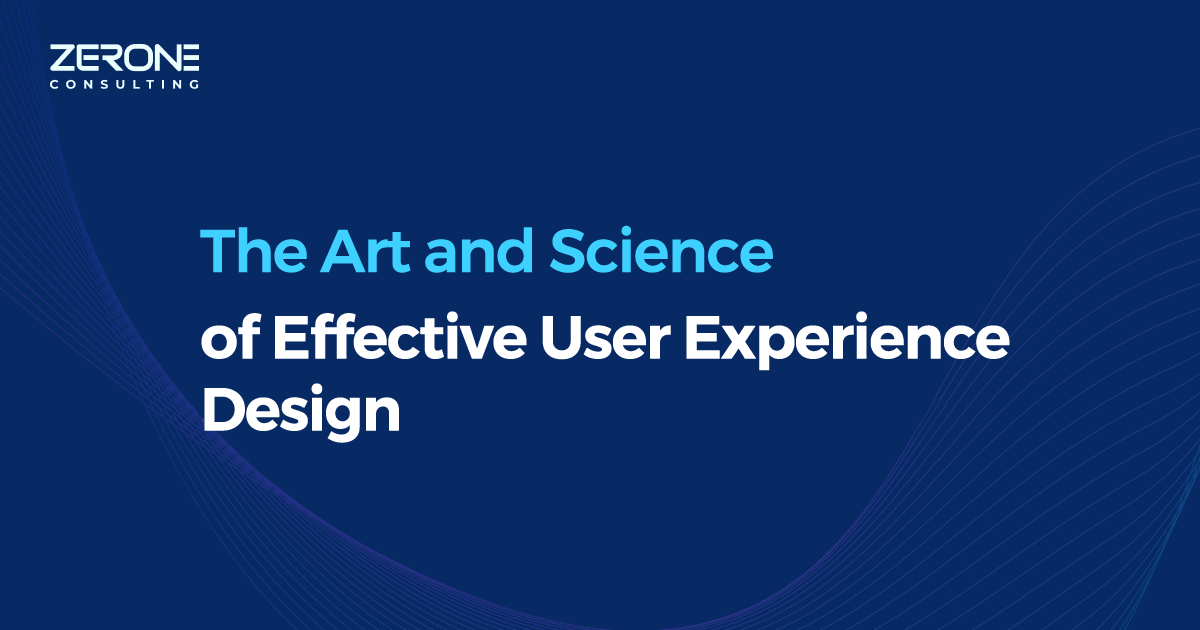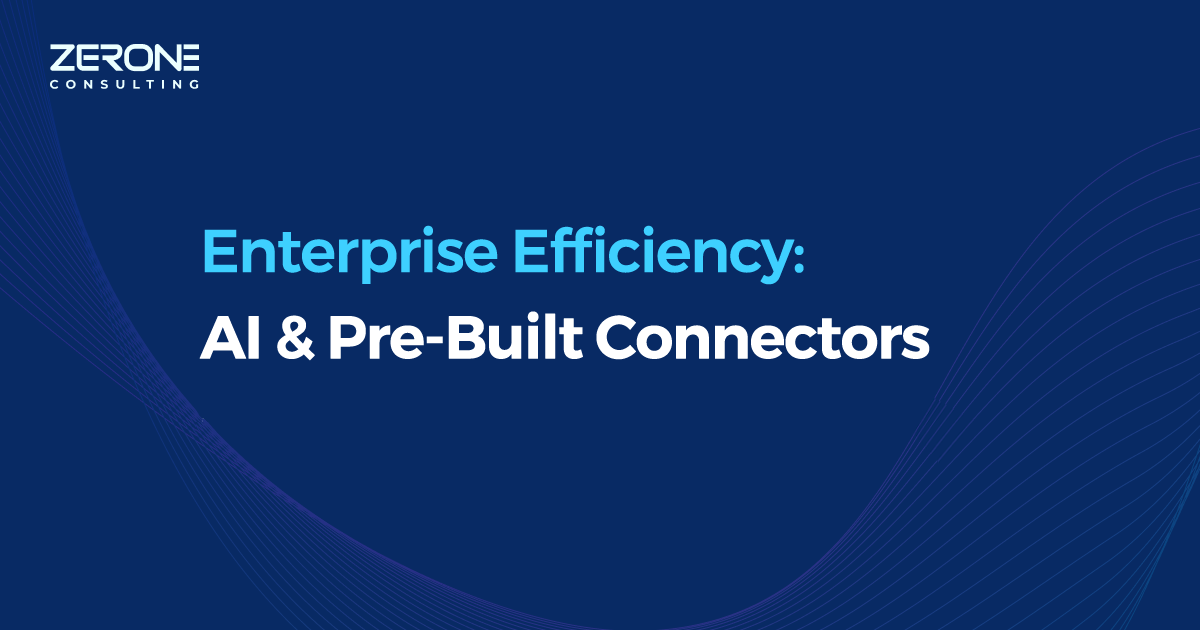Integration Challenges in the IoMT Sector
According to a study by Deloitte, the internet of medical things (IoMT) market is touted to be worth $158.1bn by 2022. Medical technology companies around the planet are investing heavily in research and development of devices that will help in the digital transformation of the healthcare industry, and streamline patient care methods. IoMT helps in the radical transformation of the healthcare sector by the effective collaboration between healthcare professionals, patients, the processes, and the medical devices. There are various types of IoMT devices available in the market today, like wearable blood glucose monitors and cardioverter-defibrillators, which have become increasingly popular in recent years.
However, when developing and integrating these devices into existing healthcare systems, there may be numerous challenges healthcare companies may face. Let us look at a few concerns that need to be addressed to realize the full potential of IoMT systems through digital transformation.

# Data Security:
According to a 2019 HIMSS survey, more than 82% of healthcare organizations have experienced a security breach in the previous year. Data related to patient health like electronic health records (EMR) and information present inpatient databases like credit card details, addresses, and email IDs are in high demand amongst hackers. IoT medical devices are mainly designed with a utility perspective in mind and often make use of legacy software that does not have in-built data security features. Consequently, these devices are in the frontline in the event of a cyberattack. If vulnerabilities exist in devices like morphine infusion and insulin pumps, it may even have the potential to cause harm to a patient’s life.
# Interoperability:
A crucial challenge IoT medical devices face is the lack of systems that help collate and make use of the massive amounts of data collected from these devices. The different departments in healthcare often run in silos and may not communicate with each other efficiently. In order to garner critical insights from the data that is generated, it is necessary to have systems in place that interact with each other. When integrating newer IoMT systems, it can lead to extensive medical interoperability amongst crucial devices in the systems.
# Device mobility:
While integrating IoMT devices into the healthcare industry, it is mandatory that the devices be movable and that connectivity is maintained to prompt data collection and achieve digital transformation. This may be a challenge in the case of large IoMT devices because of limited network capacity and physical barriers that interrupt a wireless signal. Additionally, data formats and communication protocols may be different for larger devices. This can significantly increase the time it takes for these devices to integrate with existing IoMT devices
# Licensing:
When integrating IoT devices into different medical facilities, adhering to compliance regulations, and securing licensing approvals are mandatory. While manufacturing these devices itself is a time-consuming process, that is not the only challenge IoT service providers face in healthcare. Regulatory compliance is a considerable hurdle that must be successfully addressed. Ignoring this challenge can lead to an increase in overall risks and legal costs in the future.
The healthcare sector must continue to solve upcoming challenges and strive to increase digital transformation in the healthcare sector, especially in the wake of the recent pandemic rise. Disruptive technologies like artificial intelligence, blockchain, and robotics will improve diagnostic methods and increase the quality of patient care. Improving medical device connectivity and optimizing viable resources can go a long way in ensuring that the risks in healthcare are successfully mitigated.
We can help!



